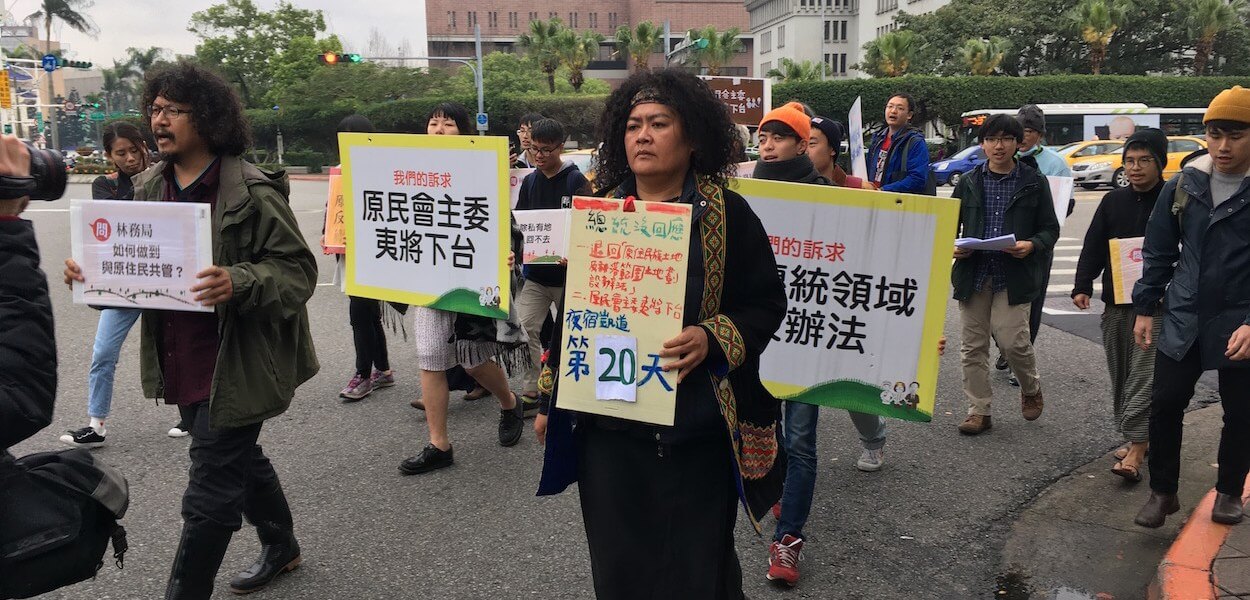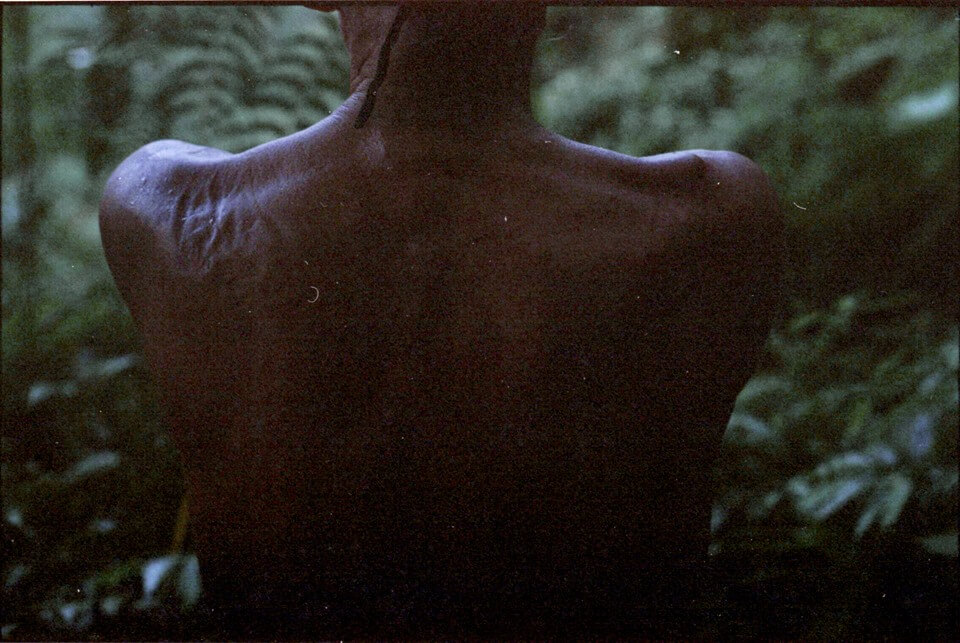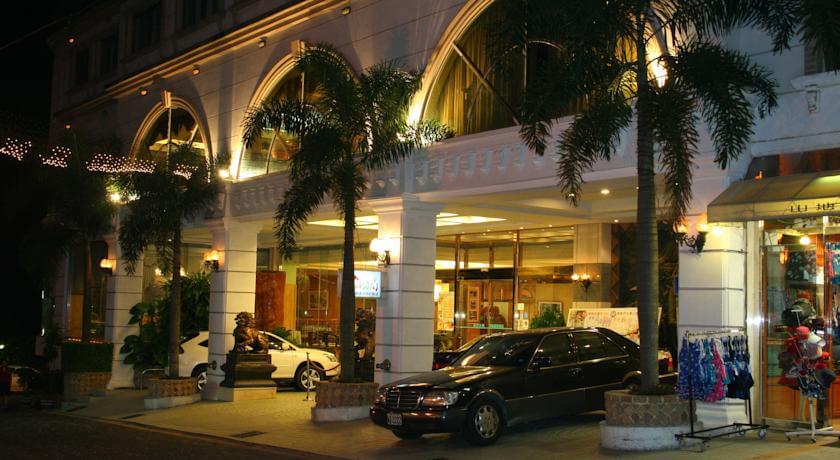The officially-recognized indigenous population of Taiwan numbers 565,043 people (2018), or 2.39% of the total population. Fourteen distinct indigenous peoples are officially recognized. In addition, there are at least nine Ping Pu (“plains or lowland”) indigenous peoples who are denied official recognition. Most of Taiwan’s indigenous peoples originally lived in the central mountains, on the east coast and in the south. However, nearly half of the indigenous population has migrated to live in urban areas.
The main challenges facing indigenous peoples in Taiwan continue to be rapidly disappearing cultures and languages, low social status and very little political or economic influence. The Council of Indigenous Peoples (CIP) is the state agency responsible for indigenous peoples. A number of national laws protect their rights, including the Constitutional Amendments (2000) on indigenous representation in the Legislative Assembly, protection of language and culture and political participation; the Indigenous Peoples’ Basic Act (2005), the Education Act for Indigenous Peoples (2004), the Status Act for Indigenous Peoples (2001), the Regulations regarding Recognition of Indigenous Peoples (2002) and the Name Act (2003), which allows indigenous peoples to register their original names in Chinese characters and to annotate them in Romanized script. Unfortunately, serious discrepancies and contradictions in the legislation, coupled with only partial implementation of laws guaranteeing the rights of indigenous peoples, have stymied progress towards self-governance.
Since Taiwan is not a member of the United Nations it has not been able to vote on the UN Declaration on the Rights of Indigenous Peoples, nor to consider ratifying ILO Convention 169.
International Work Group for Indigenous Affairs, The Indigenous World 2019




